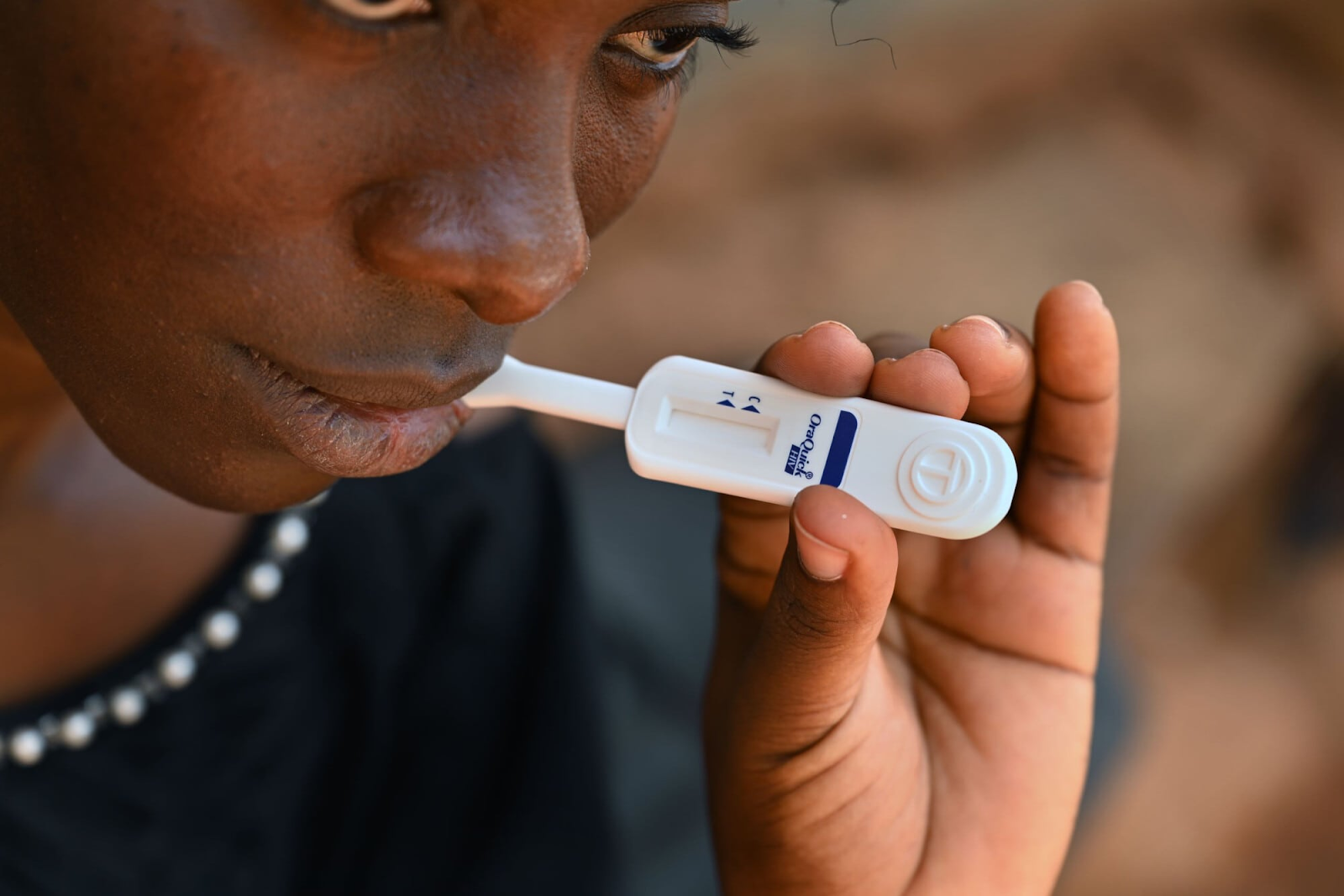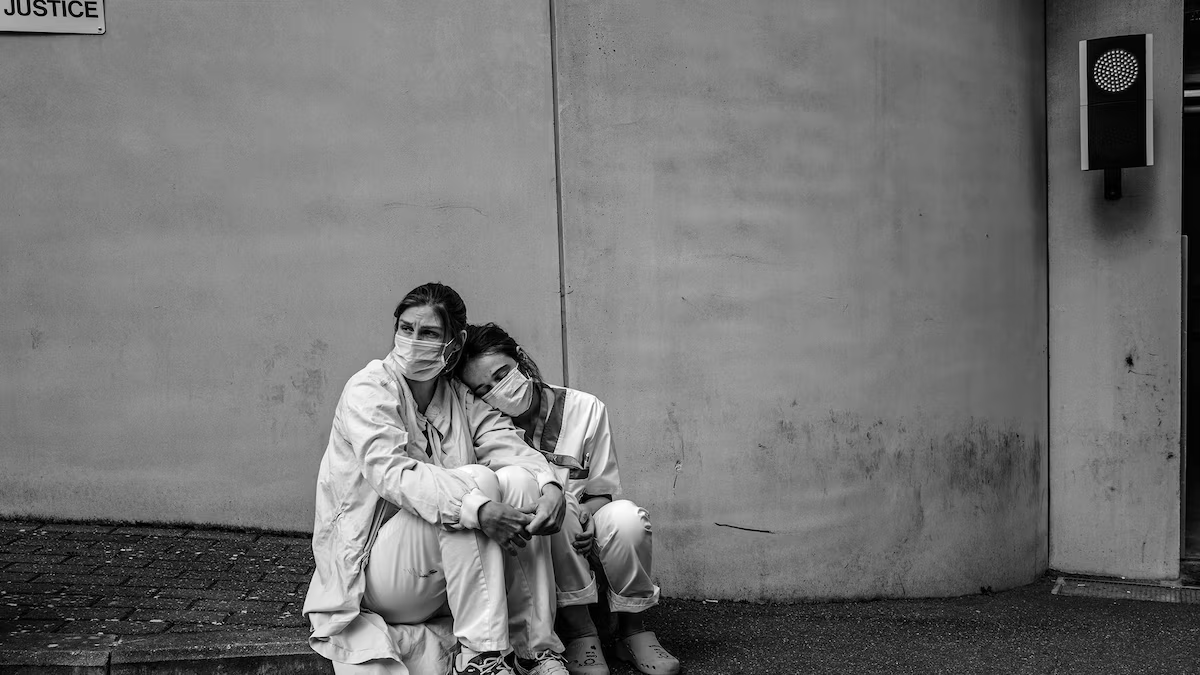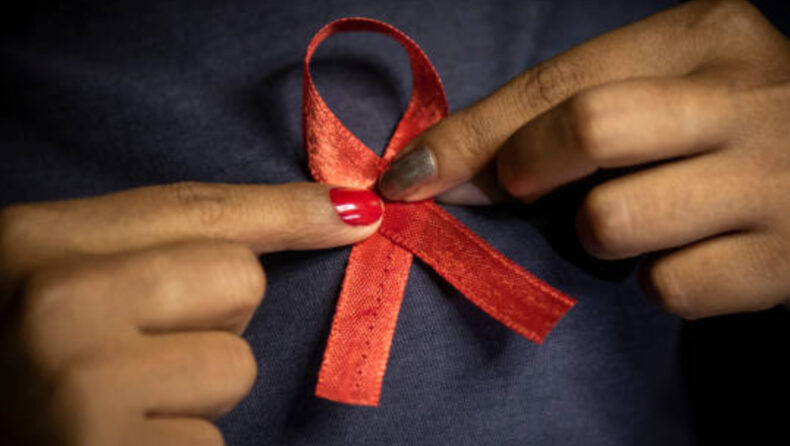The World Health Organization (WHO) has released new guidance on HIV at the 12th International IAS Conference on HIV Science, along with a systematic review published in The Lancet. The guidance highlights the importance of HIV viral suppression and achieving undetectable levels of virus in both improving individual health and preventing onward transmission of the virus.
It provides information on key HIV viral load thresholds and approaches to measuring virus levels, emphasizing that people living with HIV who consistently achieve an undetectable level of virus through antiretroviral therapy are at low risk of transmitting HIV to their sexual partners or children. The evidence also suggests that there is almost no risk of transmitting HIV when a person has a suppressed viral load of less than or equal to 1000 copies per ml.

The guidance underscores the transformative impact of antiretroviral therapy, which can enable people living with HIV to have the same health and life expectancy as those without the virus, provided they are diagnosed and treated early and adhere to their medication regimen.
HIV and Monkeypox
During the multi-country outbreak of monkeypox, global surveillance data reported to WHO was analyzed and it was found that out of over 82,000 monkeypox cases, around 32,000 cases had information available on HIV status.
According to a recent analysis, out of the 16,000 people diagnosed with monkeypox and living with HIV, around 25% had advanced HIV disease or immunosuppression, leading to an increased risk of hospitalization and death. However, people living with HIV who were taking HIV treatment and had good immunity had similar hospitalization and death outcomes as those who were HIV negative.
In response to these findings, WHO recommends that countries integrate monkeypox detection, prevention, and care with existing and innovative HIV and sexually transmitted infection prevention and control programs.
This approach can help improve outcomes for people living with HIV who are at increased risk of monkeypox and other infectious diseases, particularly those with advanced HIV disease or immunosuppression.
To improve preparedness and response for future increases in monkeypox transmission, WHO conducted a rapid electronic survey in May 2024. The survey aimed to assess community experiences of the recent 2022-2024 monkeypox outbreak in Europe and the Americas. The data collected through the survey can also help inform future public health responses to monkeypox outbreaks and guide the development of effective prevention and control strategies.
HIV and COVID-19
According to an updated analysis by WHO’s global clinical platform for COVID-19, which covers up to May 2024, there is a persistent high risk of death among people living with HIV who are hospitalized for COVID-19, regardless of the variant wave. The analysis found that the overall in-hospital mortality rate among this group was between 20% and 24% across pre-Delta, Delta, and Omicron variant waves.

These findings underscore the importance of prioritizing COVID-19 prevention measures and ensuring access to timely and appropriate care for people living with HIV, who are at increased risk of severe outcomes from COVID-19.
Primary health care and HIV
WHO has developed a new policy framework on primary health care (PHC) and HIV, which aims to help decision-makers optimize their efforts and collaboration to advance both primary health care and disease-specific responses, including HIV. The framework recognizes the importance of strengthening PHC systems and services to improve health outcomes for all, including people living with HIV.
In the second year of implementation, the Global Health Sector Strategies on HIV, viral hepatitis, and sexually transmitted infections for 2022-2030 are actively promoting synergies within the framework of universal health coverage and primary health care. This approach recognizes that addressing HIV and other health issues requires an integrated approach that addresses the underlying determinants of health and strengthens health systems at all levels.
By promoting collaboration and coordination between disease-specific programs and PHC services, the framework aims to improve access to high-quality, integrated care for people living with HIV and other health conditions.
The 12th IAS Conference on HIV Science, also known as IAS 2024, is scheduled to take place in Brisbane from July 23 to 26, 2024.













